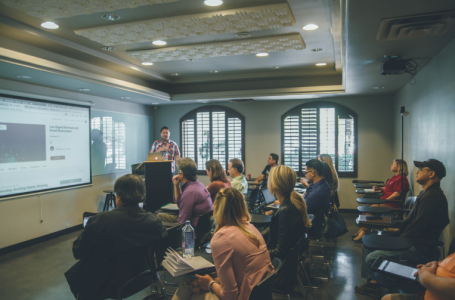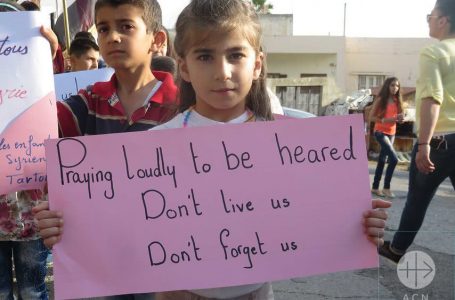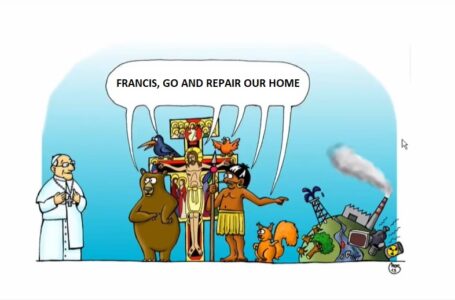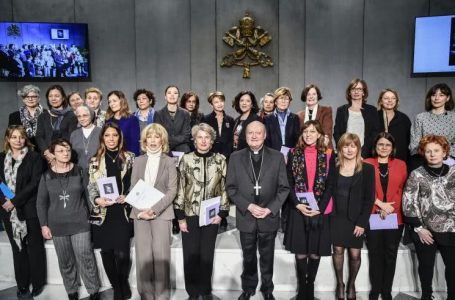Why Are People Refugees?
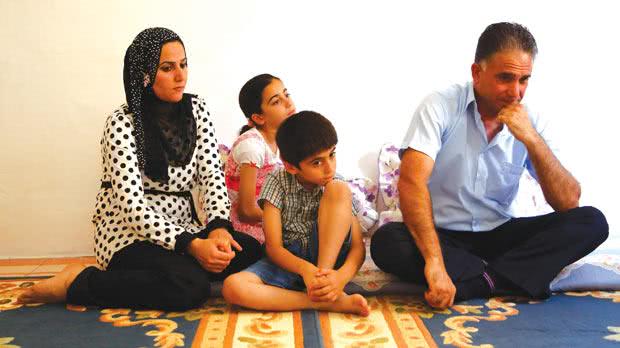
UNDERSTANDING REFUGEES
WHO IS A REFUGEE? WHY ARE PEOPLE REFUGEES?
A refugee is a person who flees his country for safety or survival. Reasons for fleeing one’s country and becoming a refugee include war, genocide and/or ethnic cleansing, abuse of human rights or opposition to the government, natural disasters like drought or economic crisis and having no homeland. There is a difference between asylum seeker, internally displaced person and economic migrant.
Asylum seeker…is a person who seeks a safe place: “When we were fleeing the war in Libya, I got separated from my husband. He reached the border with Tunisia but it was too dangerous for me to travel by land and too dangerous to stay. I fled by boat.” Rachel, 25.
Internally displaced person… moves within the same country. At least 6.6 million people have moved from one part to another within Syria between 2011-2016.
Economic migrant… is a person who moves to another country to work, often coming from a poor background: “I had been homeless and unemployed in Mexico since I left school. I entered the USA illegally in 2001 and found work as a caretaker in an office block.” Felipe, 22.
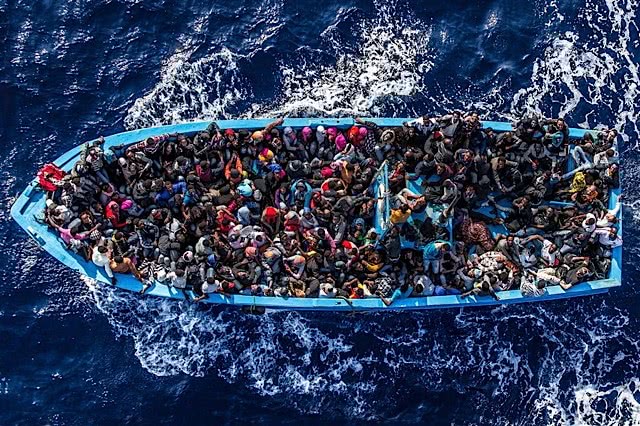
Sometimes, people who are not technically refugees, but cannot be sent back to their country are given a lower level of protection called subsidiary protection.
Why are refugees not welcomed?
Refugees are rarely welcomed because immigrants are blamed for taking the jobs of the locals. But how true is this especially in some European countries which have an ageing population? Nigel Harris, Professor of Urban Economics at the University College London, said that “An increase in workers usually expands the economy and so increases the jobs available for native workers… that is why a million Cubans lifted the economy of Miami and a million French colonists returning from Algeria(1962) lifted the south of France.”
If refugees are welcomed, will they come in larger numbers?
The greatest number of refugees are found in the poorest regions of the world. The European Union hosts only 6% of the world’s refugee population. According to the UNHCR, the European Union hosts only 6% of the world’s refugee population.
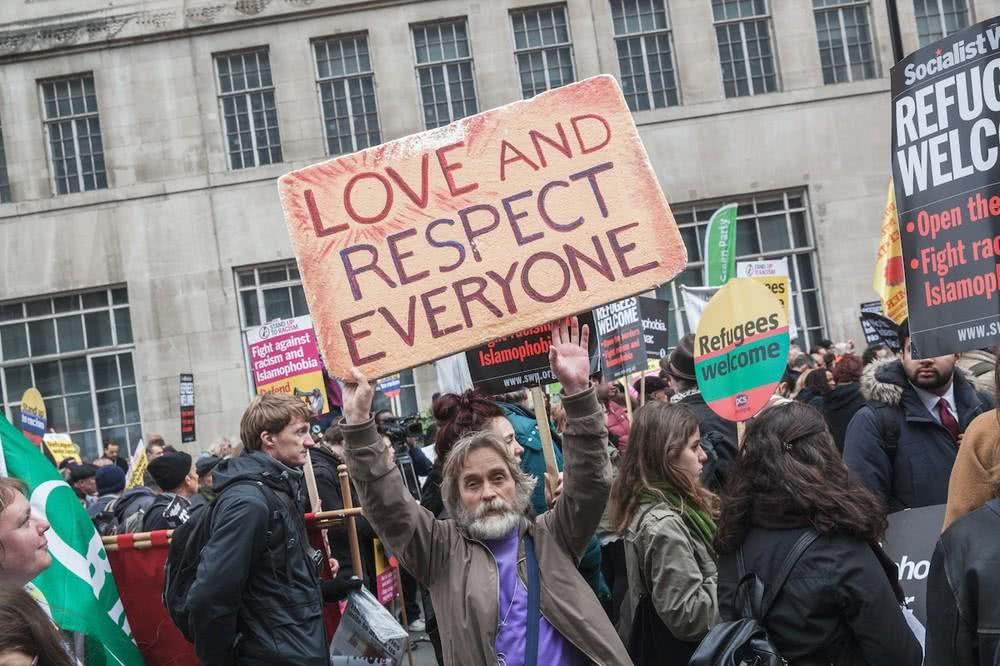
How To Help Refugees
Have a welcoming attitude
Pope Francis said that “Refugees are people like everyone else” and that some of the conditions where refugees live are intolerable. Having a welcoming attitude helps refugees feel more accepted. Persons are never “burdens” or “statistics”. They are people.
Inform yourself: find out whether the messages you are getting are correct
Most prejudices are based on misinformation. Check reliable sources like the Jesuit Refugee Service or the UNHCR. Most prejudices are based on misinformation.
Make friends with a refugee
Make friends with refugees in your neighbourhood, at school or in your church. Help them in small practical ways like learning your language, listening to their story, supporting them in their material needs or helping them learn your language.
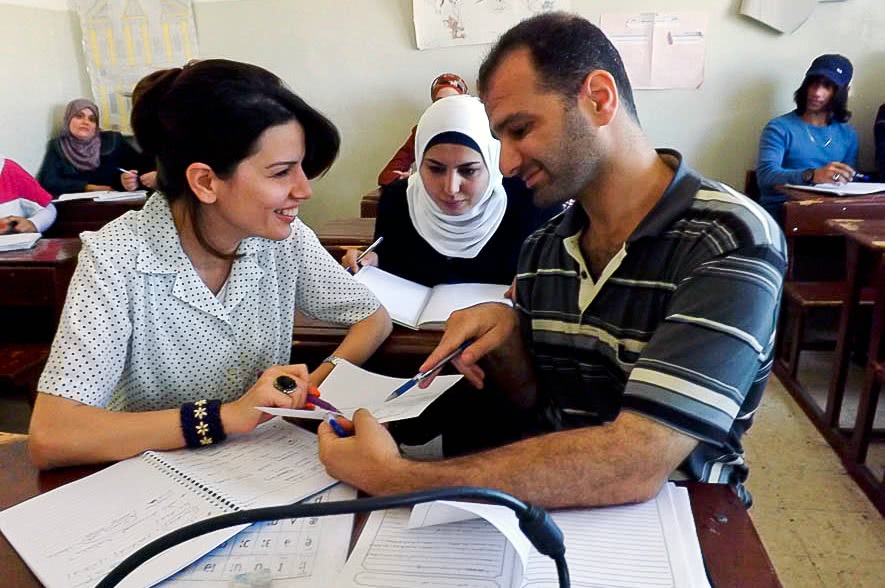
Speak up in favour of truth
When you hear or read racist comments, express your opinion and raise awareness prudently but assertively.
Support refugees by volunteering
If you are available you can volunteer to work with NGOs who help refugees into integrate in society.
Closing the rich-poor divide
The gap between the rich and poor countries has been getting wider since mid 1970’s with transnational companies making it difficult for small producers to survive. On a global scale, if we work towards a more just society, conflicts will decrease leading to less refugees.
Pray for refugees
Pray for the persons who are forced to abandon their homes; for their continued hope and for their safety.
REFUGEES ALONG THE YEARS
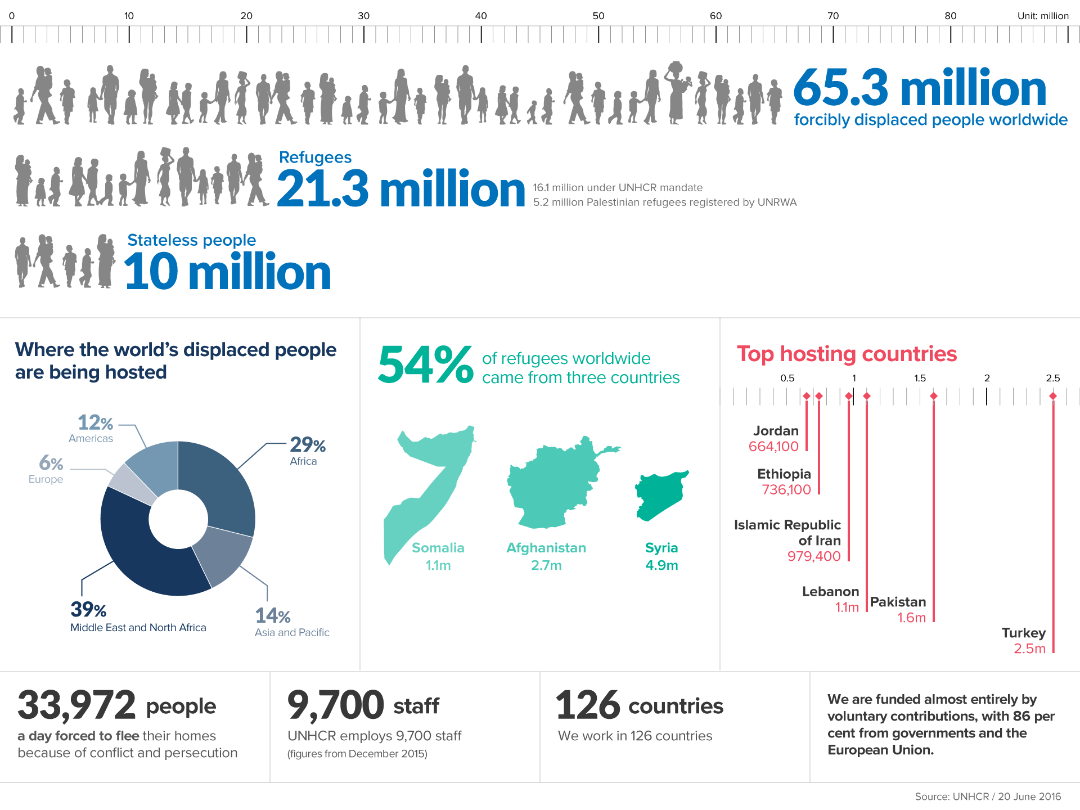
2017 – Mynamar. Massive numbers of refugees flee from Mynamar to Bangladesh and join hundreds of thousands of Rohingya who had fled Myanmar in previous years.
2016 – Syria, Afghanistan and Somalia are the top three countries with people leaving as refugees.
2015 – Venezuela closes borders with Columbia after three Venezuelan soldiers are shot and injured on the Venezuela-Columbia border. Thousands of Columbians living in Venezuela leave the country.
2011 – Syria anti-government demonstrations begin, causing millions of Syrians to flee to other countries as refugees.
2000 – Zimbabweans who oppose anti-democratic leader Robert Mugabe, flee from their country.
1994 – Rwanda. Genocide prompts 2 million Rwandans to leave their homeland.
1991 – Yugoslavia collapses. In 1999 a peace plan for Kosovo was agreed. 820,000 Kosovan Albanian refugees return home by the end of the year.
1990s – Kurds living in northern Iraq are considered refugees. Kurds today have no homeland. They are spread in other countries. In some countries like Turkey, they are not allowed to speak their language or practice their culture.
1990s – Sierra Leone is invaded by neighbouring Liberia causing a million people to be uprooted in the following three years.
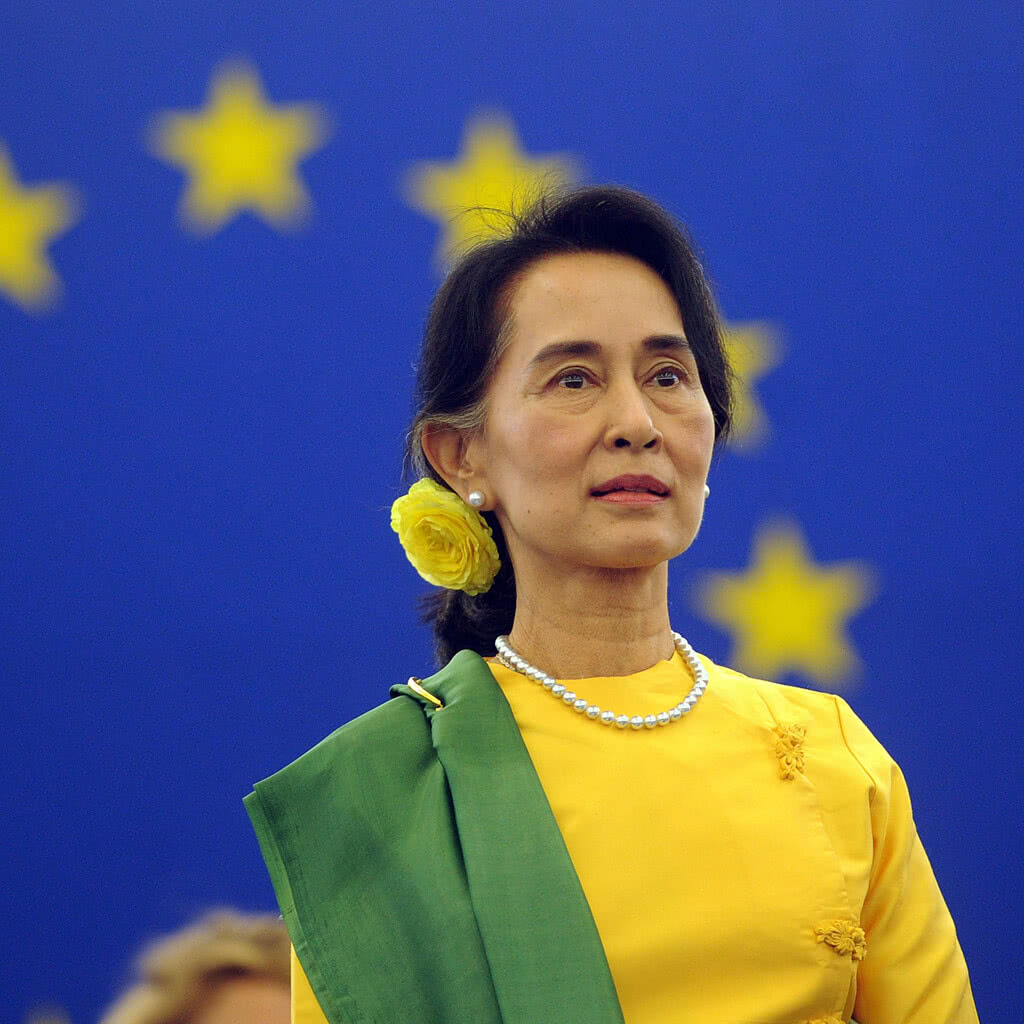 1990 – Mynamar. Aung San Suu Kyi and other opposition leaders are sent to prison for opposing the government.
1990 – Mynamar. Aung San Suu Kyi and other opposition leaders are sent to prison for opposing the government.
1980s – Ethiopia. In 1980 many Ethiopians fled to Somalia to avoid fighting in the war. In 1984 a famine led to a further exodus of people from Ethiopia.
1980s – Conflicts in Africa, Asia, Central America arise. The largest number of refugees escaping from these conflicts being from Afghanistan.
1979 – Afghanistan plagued by war. Today Afghan refugees live mostly in Iran and Pakistan.
1971 – Bangladesh war and conflicts in Cambodia, Laos and Vietnam create more refugees.
1960s-70s African countries rebel against European rulers. Algeria experienced one of the bloodiest conflicts with many Algerians fleeing to Morocco and Tunisia for safety.
1956 – Hungary. A crushed uprising against the communist government causes 200,000 refugees to flee for safety.
1956 – Sudan gained independence. Since then, civil war and fighting has been going on and off between the richer Muslim Arabs from the North against the black Africans of the poorer South. More than 4 million people have moved to another part of the country and some fled as refugees.
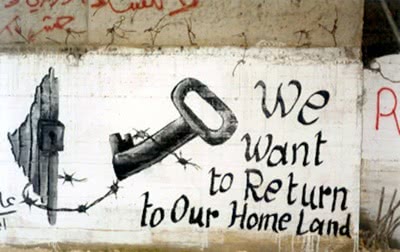 1948 – Israel-Palestine. The conflict between the two countries created thousands of refugees and displaced people which are still displaced today.
1948 – Israel-Palestine. The conflict between the two countries created thousands of refugees and displaced people which are still displaced today.
1947 – India – Pakistan. In nineteenth century India, the British rulers favoured Hindus over the Muslims. This kind of policy led to conflicts, which later caused waves of refugees.
1940s – World War Two – About 60 million people where forced to leave their home amid the death and destruction caused by the Second World War.
Article compiled by Suzanne Vella
Sources:
– Why are People Refugees?, Cath Senker, UK, 2007.
– Jesuit Refugee Service Malta
Published: September 2016
Updated: October 2017
Read more:
– Problems And Challenges Of Migrants and The Response Of The Church
– “I Lived And Worked In Malta.” The Story Of A Generous Landlord And A TCN
Watch:

